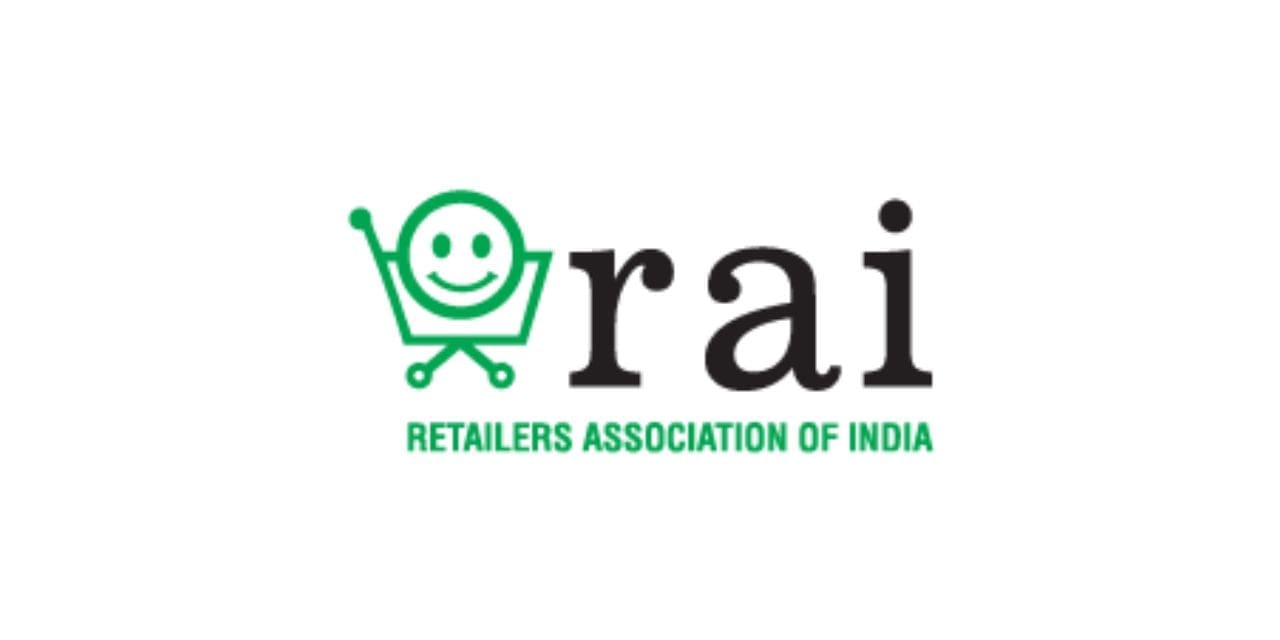Link to the representation: https://bit.ly/4f6q334
The Retailers Association of India (RAI) expresses concern over the proposed GST rate increases, as they could have far-reaching consequences on both the formal retail sector and consumer sentiment. Here are our key observations:
- Risk to Formalisation and Rise of Informal Trade: The GST regime has been pivotal in formalising businesses in India, fostering a structured retail ecosystem. However, steep tax increases could make formal businesses less competitive, pushing smaller players and traders towards parallel and unorganised markets. Many illegal players may not adhere to the new norms, especially online—to thrive. This shift risks undoing years of progress in building trust and compliance within the formal retail system.
- Impact on Make in India: India, as the world’s 5th largest economy and the fastest-growing population, still holds untapped potential for premium branded products. However, many international brands report that a significant portion of premium product purchases by Indian consumers occurs outside the country. The proposed move by the Council could undermine the Government of India’s Make in India initiative, further delaying the growth of this segment domestically.
- Impact on Consumers, Especially Women: Any tax on consumption needs to be viewed from the perspective of end consumers, who bear direct impact. For many, particularly women managing household budgets, such increases can strain affordability and influence purchasing decisions, ultimately shaping market demand.
- Alternative to Increasing Rates: While we understand the government’s need to boost GST collections, increasing tax rates is counterproductive. Lowering rates and strengthening compliance mechanisms can expand the tax net more effectively without hurting consumer spending or sales.
- Impact on Celebratory and Festive Consumption: High GST rates will affect discretionary spending —key drivers of the Indian market. With consumption already under pressure, such tax shocks will exacerbate the slowdown, impacting overall sales and growth in the sector.
RAI urges the GST Council to consider the broader economic implications and explore more balanced approaches to achieve higher collections without harming the formal retail ecosystem or consumer sentiment.
Speaking on the matter, Kumar Rajagopalan, CEO, Retailers Association of India (RAI), said, “Increasing GST rates will hurt formal retail businesses and encourage unorganised markets to grow. This could undo the progress made in formalising businesses under the GST regime. To boost GST collections, the focus should be on lowering rates and improving compliance, not raising taxes that burden consumers and disrupt the retail sector.”

